Cheetah Conservation Fund Brings “New Hope” and Milk to Hungry Children in Namibia
-

- by CCF Staff January 22, 2025
FOR IMMEDIATE RELEASE
Cheetah Conservation Fund Brings “New Hope” and Milk to Omaheke’s Hungry Children
A Sustainable Partnership to Combat Malnutrition and Build a Healthier Future
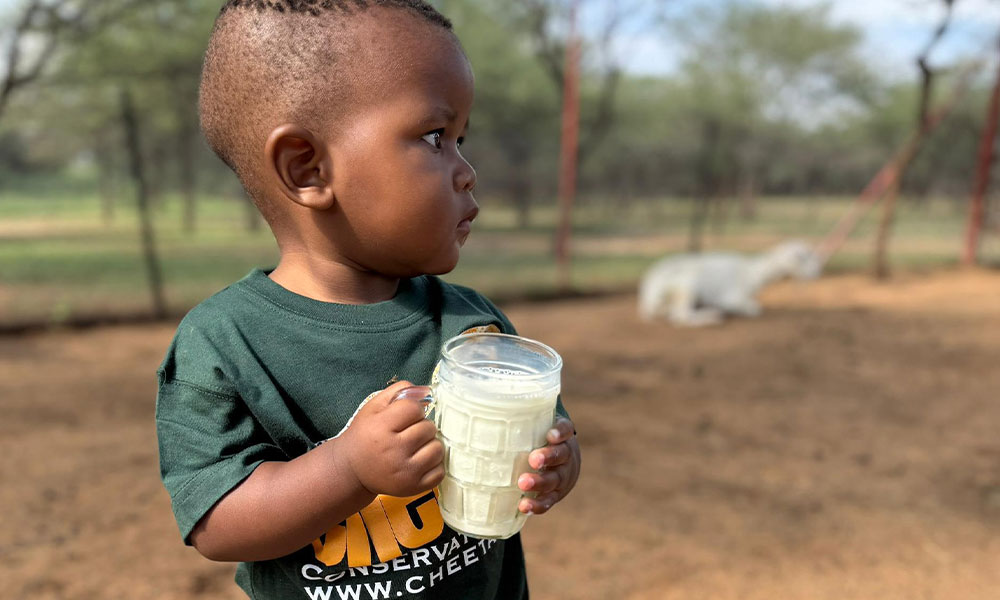
Omaheke Region, Namibia (January 22, 2025) The Cheetah Conservation Fund (CCF) is at the forefront of a transformative initiative to combat malnutrition and enhance food security in Namibia’s Omaheke region. In collaboration with Honourable Pijoo Nganate, Governor of Omaheke, Namibia, CCF is helping to pioneer sustainable agricultural solutions similar to objectives of the United Nations World Food Programme’s (WFP) “home-grown school feeding” model.
At the heart of this initiative is CCF’s innovative dairy goat farming program, which has already demonstrated its effectiveness in improving nutrition and empowering local communities. On January 16, 2025, CCF delivered 20 female dairy goats and one male goat to the Governor’s team, marking a significant step forward in addressing the region’s malnutrition crisis. The goats were transported in a Toyota-sponsored vehicle adorned with the slogan “Feeding the Region!” and the image of a “girl with a milk moustache,” highlighting the mission’s focus on nutrition and hope.
CCF’s contributions extend beyond dairy goats. To further support this effort, CCF plans to provide a livestock guarding dog from its renowned program to ensure the success and sustainability of the dairy farms. Additionally, three greenhouses, a piggery, 200 chickens, and rabbits have been introduced to enhance the region’s capacity for self-sufficient food production. The project has benefited from generous individual donors Keith Keating and Walter Kinnear who funded CCF in providing the goats, training, and the LGD.
The collaboration began in August 2024, when Governor Nganate, inspired by radio reports on CCF’s success, reached out to Dr. Laurie Marker, CCF’s Executive Director. Recognizing the program’s potential to address Omaheke’s severe malnutrition, the Governor facilitated a visit to CCF’s headquarters in September 2024. There, 13 young farmers—mostly women—received hands-on training in dairy farming. These farmers now stand ready to manage local dairy farms that will bring fresh milk to their communities and reduce malnutrition.
One of the initiative’s first achievements is the supply of fresh milk to a soup kitchen in Gobabis, which provides meals three times daily to vulnerable children. With 269 malnutrition cases and 23 deaths recorded in Omaheke from May to July 2024 alone, this effort addresses a critical need. Governor Nganate has set an ambitious goal: ensuring that every child in Omaheke has access to a glass of milk daily.
“The mission is clear: we must do everything in our power to ensure that no child goes hungry or suffers from malnutrition in this region,” said Governor Nganate during a recent visit to a local soup kitchen. “Through this partnership and with the support of local farmers, we are providing immediate relief while building the foundation for long-term, self-sustaining food production systems at Farm Nuwe Hoop.”
Nuwe Hoop, meaning “New Hope” in Afrikaans, embodies the initiative’s spirit of renewal and progress. Governor Nganate expressed optimism that the project could inspire similar efforts nationwide, advancing Namibia’s food security agenda and influencing global action.
“This initiative is not just about providing food in the short term,” he emphasized. “It’s about establishing sustainable systems that support future generations. We are working towards feeding the entire region, empowering local farmers, and positioning Omaheke as a model of self-sufficiency for the entire country.”
Dr. Laurie Marker underscored the importance of the collaboration: “We are honored to partner with the Governor’s office in this critical work. Our goal is not only to provide immediate aid but also to help the people of Omaheke build a future where they can sustain themselves.”
Currently, 28 daycare centers in Omaheke provide meals to vulnerable children, with plans for expansion as resources grow. By empowering farmers and building community-driven food systems, this initiative positions Omaheke as a model of self-sufficiency for Namibia and beyond.
CCF’s role as the vanguard of sustainable agricultural innovation demonstrates the profound impact of aligning conservation efforts with human development. For more information about CCF’s dairy goat program and other initiatives, visit www.cheetah.org.
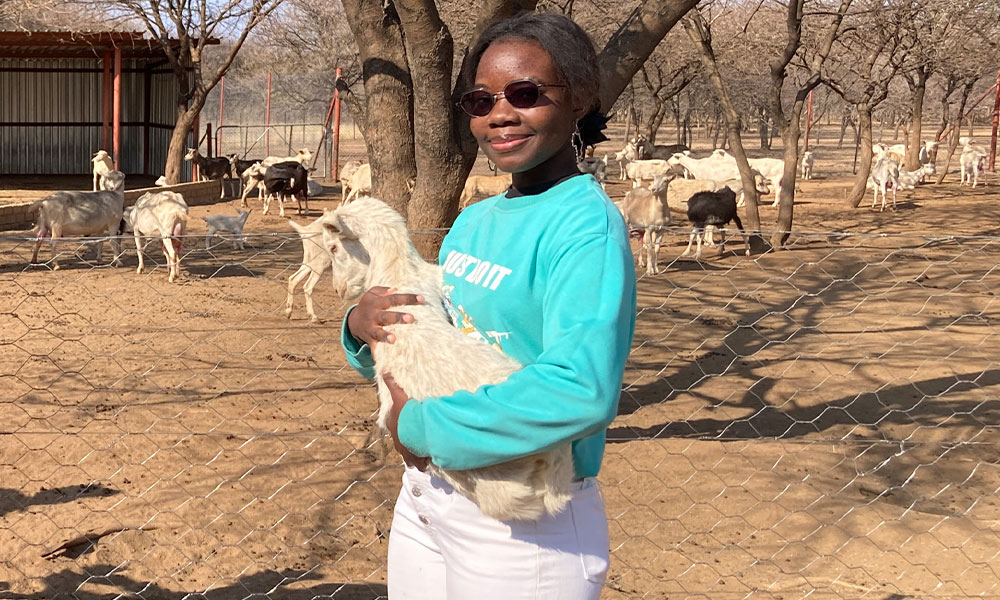
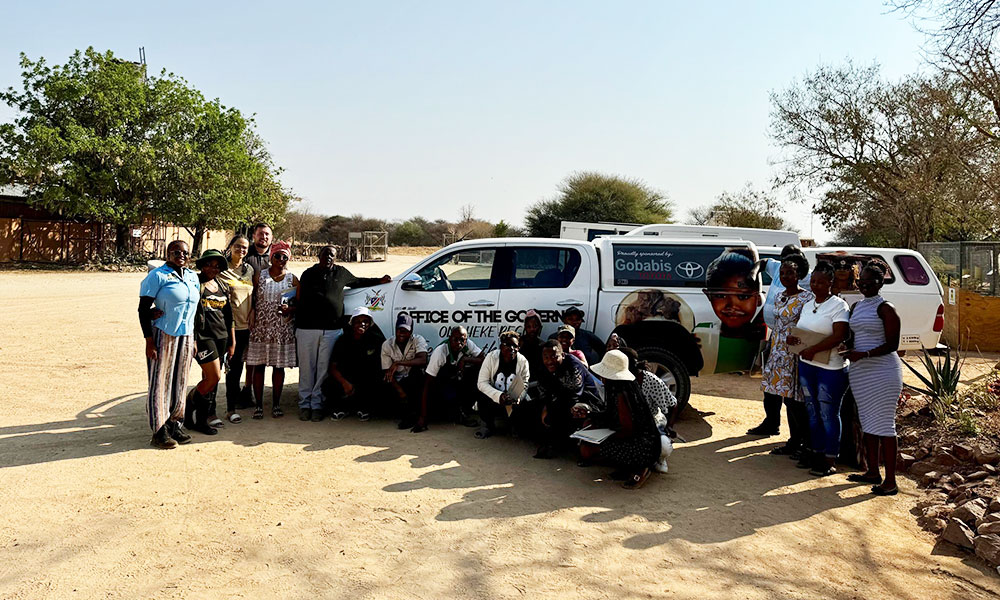
Captions: Photos from top to bottom, first: Training participant holding a goat kid at CCF’s Model Farm, second: Governor Pijoo Nganate, Regional Councillors, and young farmers celebrate their partnership with Cheetah Conservation Fund at its Research and Education Centre, where training for sustainable dairy farming takes place. third: left: Participants in CCF’s garden, right: Newly trained farmers proudly receive their certificates in dairy farming from Cheetah Conservation Fund, marking a key milestone in the fight against malnutrition in Omaheke.
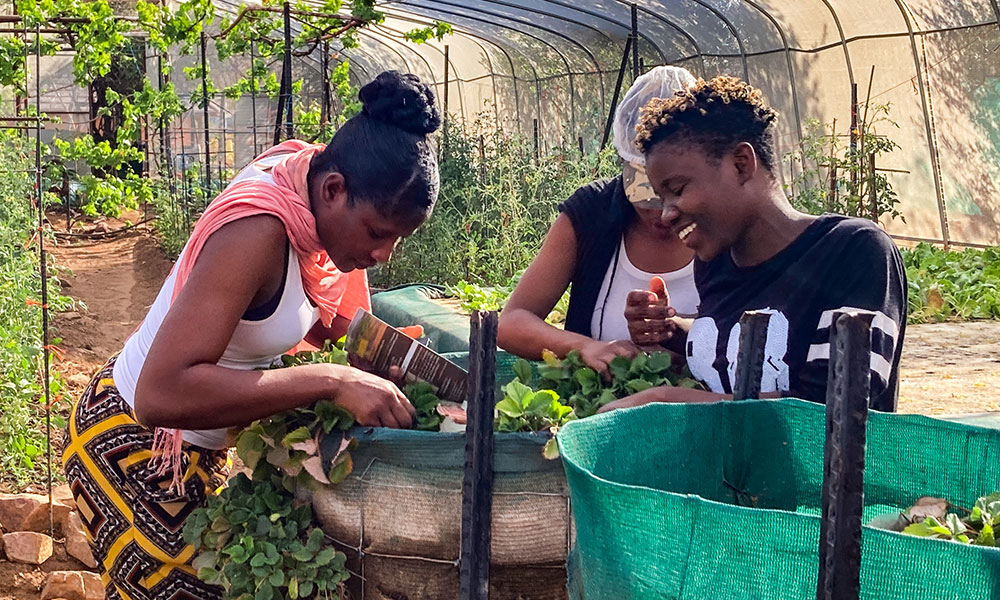
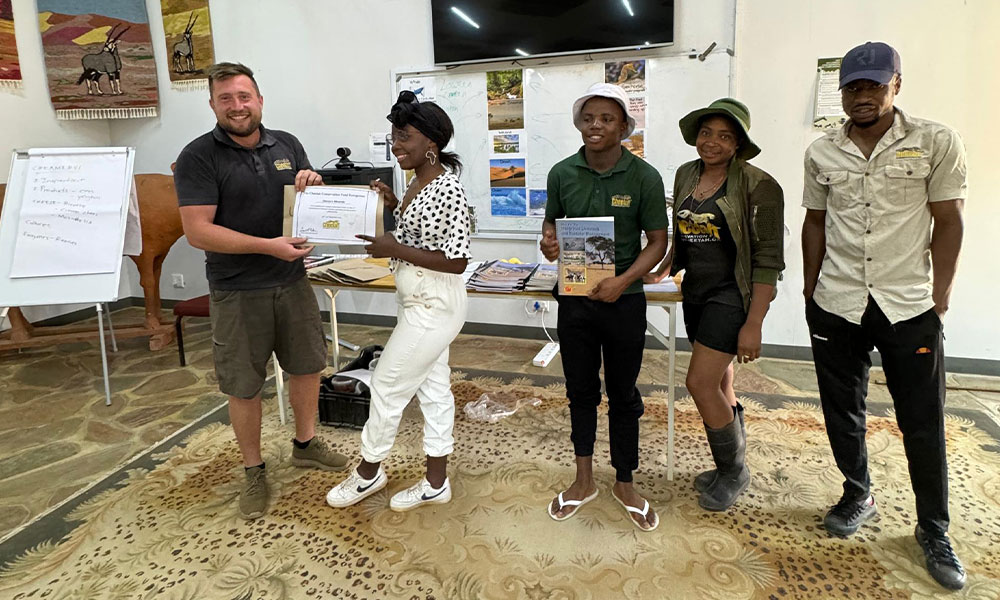
# # #
About Cheetah Conservation Fund (CCF)
Established in 1990, CCF is at the forefront of global cheetah research and conservation efforts, dedicated to ensuring the survival of the cheetah in its natural habitat through research, conservation strategies, education, and partnerships. With its headquarters in Namibia and a field base in Somaliland, CCF operates the world’s longest-running program dedicated to cheetah conservation. For more on how to support CCF’s initiatives, please visit www.cheetah.org.
Media Contacts:
For media inquiries, please contact:
Dr. Laurie Marker, [email protected] +264 811247887
Elissa Buchter, [email protected] +1310 963 4808
Teresia Robitschko, [email protected]
Related Reading

